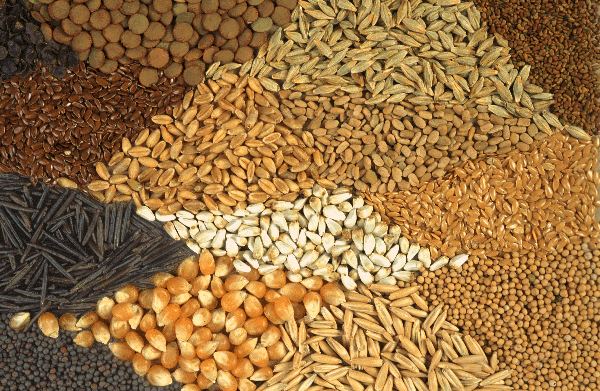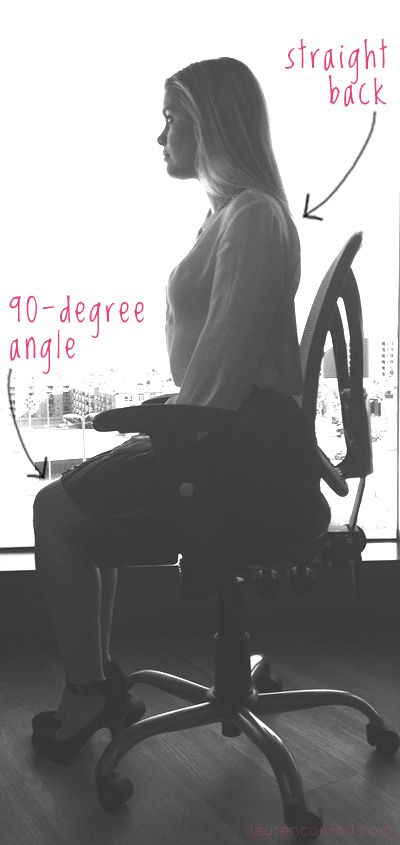The Benefits of Seeds
As small as they are, seeds are a nutritional powerhouse. They can be eaten in many ways and they deserve a place on your shelf. Here are a few ways in which you can add seeds to your diet.
How to eat seeds
There are many ways to eat seeds. Seeds can be blended and added to smoothies, juices and pureed soups to add some texture. Seeds can also be used as toppings for foods such as: salads, hot or cold cereals, wraps, casseroles, sandwiches and soups. Another use for seeds are in baked goods. You can add them to brownies, cookies, muffins and homemade granola bars. You can also mix seeds with trial mix, yogurt, granola, dried fruits and other pre-made snacks.
Did you know that seeds can be mashed to make different types of homemade products? They can be used in seed-based spreads, cooking oils or even homemade pudding.
Different types of seeds
Sunflower Seeds
These seeds have many different health benefits. They are high in Vitamin E which promotes healthy skin, hair and nails. It is also high in selenium which is a powerful antioxidant and helps prevent breast and prostate cancer. Lastly, it is high in Magnesium. It boost energy production, increases the central nervous sytem and promotes muscle activity.
Sunflower seeds go well in salads. Add some seeds to salads that are also topped with chicken, salmon, tuna, or even hummus. Or you can sprinkle the seeds onto your hot cereal in the morning.
Hemp Seeds
Hemp is a complete protein as it contains essential fatty acids, omega-3 and omega-6 and is also a great source of fiber. It is also rich in vitamins, A, B1, B2 and E. The benefits of Hemp seeds are their anti-inflammatory properties and they help lower LDL cholesterol. They also aid in healthy hair, skin and nails.
Add hemp seeds to your salads, smoothies, and hot or cold cereal. You can also mix them into peanut butter, other spreads or mix them into vinaigrette dressings.
Pumpkin Seeds
These seeds are high in many vitamins such as: phosphorus, magnesium, protein, manganese, zinc, iron, copper, vitamin K and B vitamins. The benefits of pumpkin seeds help with the formation of bones and teeth as well as muscles and nurve functions. They also maintain body tissue and help prevent diseases such as osteoporosis. They aid in immune function, blood cell function and formation. They also have neurological benefits and promote healthy blood clotting.
Pumpkin seeds are great in salads or baked into muffins. You can also roast them and add a little bit of salt. You can also use add them to sautéed vegentables. Or you can grind with garlic, parsley, cilantro, olive oil and lemon juice for a great salad dressing.
Chia Seeds
There are many benefits to adding chia seeds into your diet. They are rich in calcium and phosphorus which aid in bone health. They are also high in fiber which promotes digestive health. These seeds also have anti-inflammatory properties as they are rich in omega-3s and also contain antioxidants. These can help heal cell damage.
How can you add them to your diet? Try adding them into smoothies, juices, yogurts or puddings.
Sesame Seeds
These seeds are a great source of manganese, magnesium, calcium, copper, iton, selenium, zinc and phosphorus. Copper is beneficial in reducing pain and inflammation in relation to rheumatoid arthritis. Calcium is thought to reduce the risk of osteoporosis, migraines, colon cancer and PMS.
Sesame seeds go well with stir fry dishes, can be backed into bread, can be eaten on their own, or put into salads.
Flax Seeds
Flax seeds help with digestive health and may lower blood pressure as they contain fiber and inflammation reducing omega-3s. Flax seeds have also been known to prevent breast cancer.
Some ways to add flax seeds into your diet include: making French toast rolled with these seeds. You can also add flax seeds into cottage cheese, oatmeal, yogurt, apple sauce and cold cereal.







